پژوهشكده فقه و اصول - پژوهشگاه معارج
Research School of Jurisprudence and Principles
Name of God
Introduction of the research institute
Jurisprudence and Usul Research Institute is one of the research institutes of Ma'araj Institute of Revelation Sciences, which conducts research on the jurisprudence and principles of Grand Ayatollah Javadi Amoli (Dam Zollah). The research activity of this institute started in the late seventies and early eighties under the name of "Jurisprudence Group".
Its starting point was the texts of the jurisprudential speeches of Hazrat Ustad (Dam Zollah), which started with the research and organization of a part of it, and its activity continued gradually with the compilation and organization of the jurisprudence teachings of Hazrat Ustad (Dam Azzah). He found and published works on these two axes. Then in 2013, by grouping activities in five axes, it was promoted to a research institute, and now the research scope of this research institute has been expanded to four areas, which are:
Principles and basics
2. The jurisprudence of worship
3. Economic jurisprudence
4. Jurisprudence of administration and politics
5. Legal jurisprudence
What follows is a report of: vision, goals, policies, structure and research report of the research school, which is presented in four parts.
vision
The realization of a reference scientific organization in various jurisprudence issues, especially economic jurisprudence, for theorizing and responding to private and government institutions in the Islamic world; based on the comprehensive attitude of the Master (Zayd Azza)
Targets
1/1. Explaining and introducing the foundations and standards of Islamic jurisprudence-legal system with emphasis on the thought and opinion of Grand Ayatollah Javadi Amoli (Dam Uzza).
1/2. Explaining the philosophy of Islamic rules and laws and presenting rational and up-to-date analyzes suitable for different levels of audiences, with emphasis on the opinions of the teacher (Dam Azzah).
1/3. Delineating the position of divine sovereignty in the process of managing society and revealing its superiority over other systems and schools by emphasizing the opinions of Hazrat Ustad (Dam Zollah)
1/4. Systematic response and presentation of an efficient jurisprudential-legal model in accordance with the questions and needs of people and contemporary society.
General strategies and policies
2/1. Identifying the needs and explaining research priorities in the field of jurisprudence; especially its economic issues.
2/2. Compilation of the jurisprudential methodology of Hazrat Ustad (Dam Azzah) in the discovery of jurisprudential rulings; especially its economic in personal and social fields.
2/3. Expanding the topics of argumentative jurisprudence and extending the jurisprudence foundations of Hazrat Ostad to new jurisprudential topics including: economic, political and...
2/4. Efforts to present the research institute's written products in the form of books, publications and digital media.
2/5. Efforts to compile the theories of Hazrat Ustad in other languages to present to international scientific meetings.
1/5. producing, directing and supporting researches in various fields of jurisprudence; Based on the opinion of Hazrat Ostad (Dam Azzah)
1/6. Expert training (researcher and teacher) in religious jurisprudence and matters based on the method of Hazrat Ustad (Dam Azzah)
duties
3/1. Organizing, organizing and compiling the works and fundamental, jurisprudential and legal thoughts of Hazrat Ostad (Dam Azzah)
3/2. Studying, researching and organizing research projects and activities in the field of foundations, sources and philosophy of Islamic jurisprudence and law.
3/3. Rethinking the legacy of jurisprudence and Islamic law, in order to improve its efficiency in responding to new needs and issues, based on the thought of Hazrat Ustad (Dam Azzah).
3/4. Studying, researching and organizing research projects and activities in the field of Islamic jurisprudence and legal system and comparing and matching it with other schools and systems based on the thought of Hazrat Ust
ad (Dam Uzza).
3/5. Identifying and classifying the basic needs and challenges of society and the Islamic system in the field of jurisprudence and law and organizing research projects and activities in order to respond quickly and on time based on the thoughts and works of Hazrat Ustad (Dam Azzah).
3/6. Organization of specialized groups to implement research programs and activities.
3/7. Identifying and recruiting efficient researchers in the field of jurisprudence and law and its foundations, in order to carry out research activities.
3/8. Providing study and informational resources and facilities to facilitate research in the field of jurisprudence and law and its foundations.
3/9. Providing the basis for the growth and improvement of the knowledge and skills of the researchers of the research school by holding educational and research courses and workshops, scientific meetings, creating study opportunities, etc.
3/10. Holding scientific meetings in the field of jurisprudence, law and the principles and foundations of jurisprudence and creating a context for interaction and dialogue between thinkers in this field.
3/11. Effective communication and cooperation with scientific and research institutes and centers and scientific and cultural personalities and elites in order to advance the goals of the research school.
3/12. Active interaction with other research institutes and other departments under the research institute and cultural and research institute of Isra with the aim of coordination and joint planning.
The structure of the research institute
The organizational elements of Fiqh and Usul Research Institute are as follows:
1. The director of the research institute;
2. Research Council;
3. Director of research and executive affairs
4. Director of the Library and Documentation Center
5. Director of scientific publications
4. Research groups, including:
1/4. The group of principles and foundations of jurisprudence.
4/2. Al-Abada Jurisprudence Group.
4/3. Department of Jurisprudence and Economics.
4/4. Department of Jurisprudence, Administration and Politics.
4/5. Law Group.
Scientific colleagues
5/1. Scientific members of the research institute:
1. Hujjat al-Islam wal-Muslimin Yadullah Moghdisi,
2. Hojjat al-Islam wal-Muslimin, Dr. Seyyed Kamaluddin Emadi, director of the research institute.
6. Hojjat al-Islam wal-Muslimin Hossein Azadi, colleague and scientific evaluator.
7. Hujjat al-Islam wal-Muslimin Hossein Ali Nabizadeh, researcher.
5/2. Scientific project partners:
A: The researchers of the compilation of the jurisprudential encyclopedia project
1. Hujjat al-Islam and Muslims, Seyyed Mohammad Moalemi (son of Seyyed Suleiman)
3. Hujjat al-Islam and Muslims Hossein Ali Mohammadi
4. Hujjat al-Islam and Muslims, Mohammad Najafi Darabi
5. Hujjat al-Islam and Muslims, Sayyid Muhammad Moalemi (son of Sayyid Muhammad)
6. Hujjat al-Islam and Muslims, Hamid Reza Ebrahimi
7. Hujjat al-Islam and Muslims by Ibrahim Tawakli
8. Hujjat al-Islam and Muslims, Seyyed Jafar Sadeghi Fadaki
9. Hujjat al-Islam and Muslims, Mohammad Sadegh Mazinani
10. The proof of Islam and Muslims, Dr. Seyyed Kamaluddin Emadi Chachkami
11. Hujjat al-Islam and Muslims, Dr. Seyyed Mahdi Moalemi
12. Argument of Islam and Muslims by Seyed Reza Yousefi
13. Hojjat al-Islam and the Muslims of Moradkhani
14. Hujjat al-Islam and Mehraksh Muslims
15. Hujjat al-Islam and Muslims Hossein Ali Nabizadeh
5/3. Supervisors and evaluators
1. Hujjat al-Islam and the Muslims of Hossein Bostan
2. Hujjat al-Islam and Muslims, Mohammad Hossein Falahzadeh
3. Hujjat al-Islam and Muslims, Mahmoud Latifi
4. Hujjat al-Islam and Muslims, Ali Reza Mohdnejad
5. Proof of Islam and the Muslims of Dr. Javaid
6. Activities and research report
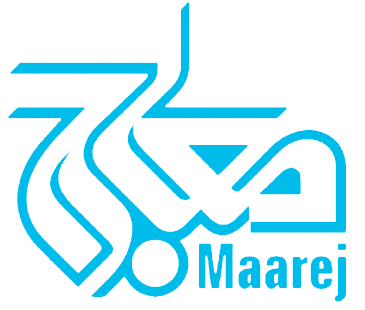
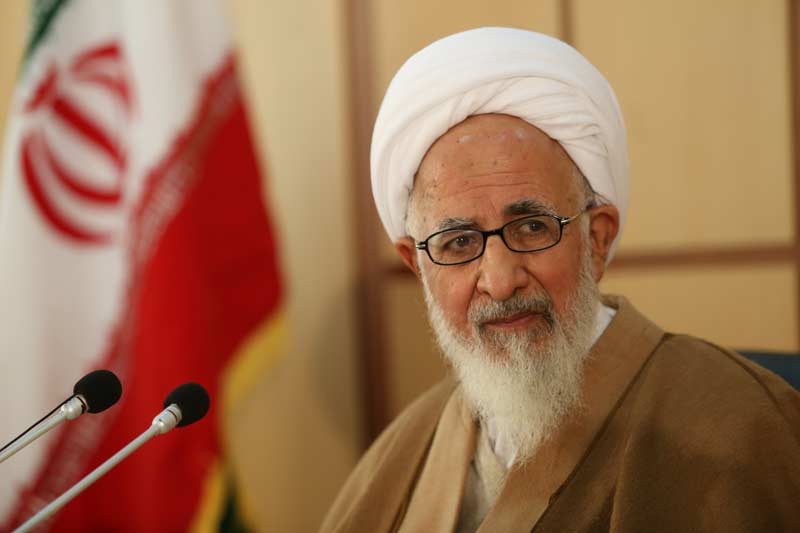





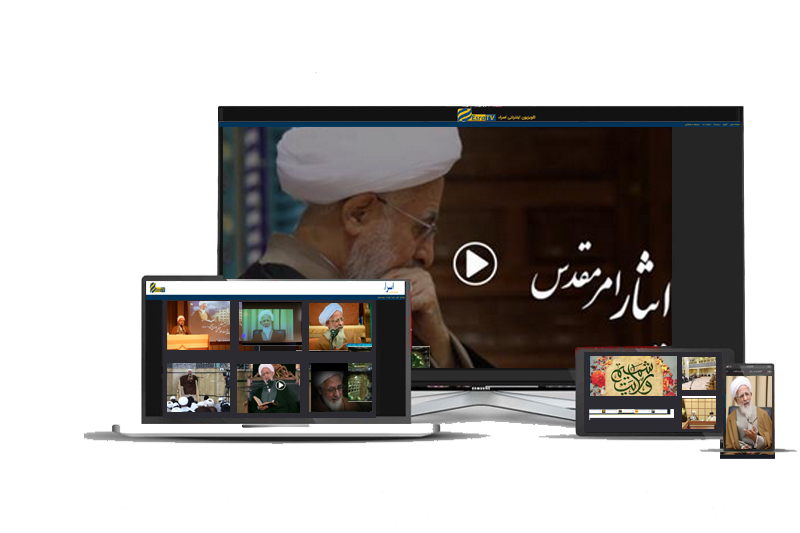

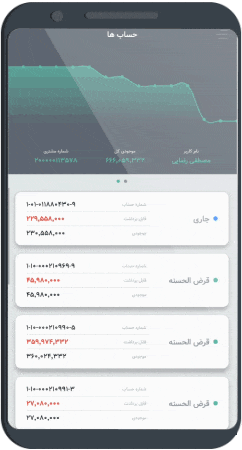
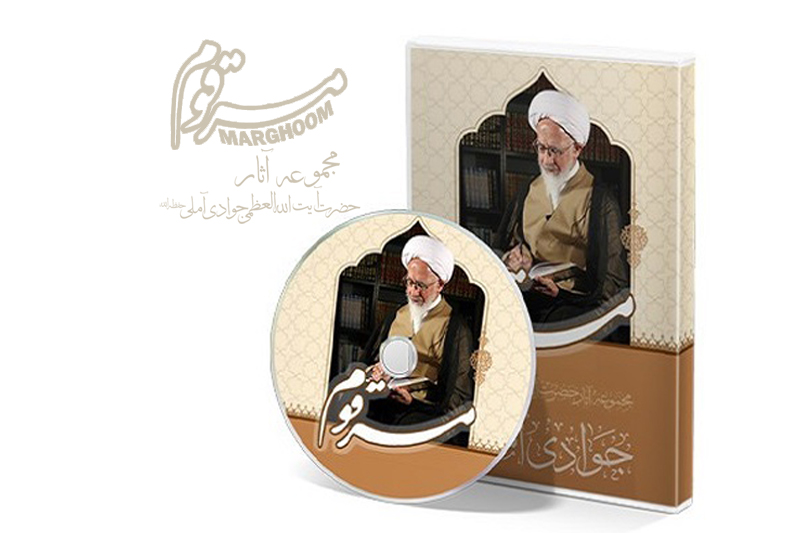
 Esra Publishing Center, the exclusive publisher of Ayatollah Javadi Amoli's works, started working in 1993; Among the missions and duties of the center are the production of written works with the desired and standard quality, fast and timely supply at the right price and supporting the products, providing easy, fast and low-cost access to the products for the domestic and foreign audiences, attending domestic and foreign international exhibitions, ….
Esra Publishing Center, the exclusive publisher of Ayatollah Javadi Amoli's works, started working in 1993; Among the missions and duties of the center are the production of written works with the desired and standard quality, fast and timely supply at the right price and supporting the products, providing easy, fast and low-cost access to the products for the domestic and foreign audiences, attending domestic and foreign international exhibitions, ….
